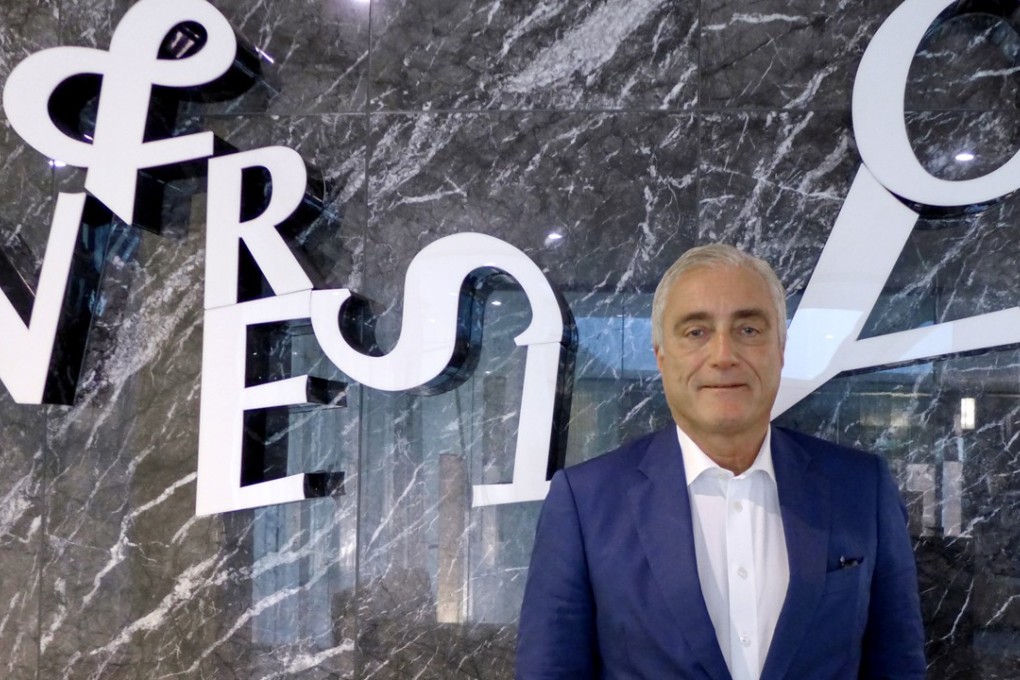In Switzerland, local management often holds the key to post-takeover success
Chinese buyers of companies in Switzerland have begun to win a reputation for being hands-off when it comes to restructuring management

Language and cultural differences appear to be major challenges for Chinese companies grappling with how to manage newly acquired companies in Switzerland, which may well explain why many new owners like to retain existing management.
In fact, Chinese buyers have begun to win a reputation for being hands-off when it comes to
restructuring management following an acquisition, a trait that’s being seen as a plus when mainland investors come calling.
“Chinese buyers showed they can bring in money and give freedom to the existing management,” said Ronald Sauser, managing director and head of merger and acquisitions at EY Switzerland.
Many Swiss family-owned businesses, in cases where the upcoming generations have chosen not to carry on, need to find a buyer.
Sauser said Swiss companies have often sought his help in finding a Chinese buyer to participate in the bidding process, a trend that has picked up in the last few years.